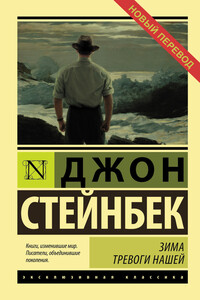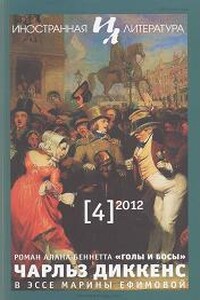Now for many years we have suckled on fear and
fear alone, and there is no good product of fear. Its children are cruelty and
deceit and suspicion germinating in our darkness. And just as surely as we are
poisoning the air with our test bombs, so are we poisoned in our souls by fear,
faceless, stupid sarcomic terror.
The pieces in this volume were written under
pressure and in tension. My first impulse on rereading them was to correct, to
change, to smooth out ragged sentences and remove repetitions, but their very
raggedness is, it seems to me, a parcel of their immediacy. They are as real as
the wicked witch and the good fairy, as true and tested and edited as any other
myth.
There was a war, long ago—once upon a time.
England
TROOPSHIP
SOMEWHERE IN ENGLAND, June 20, 1943—The
troops in their thousands sit on their equipment on the dock. It is evening,
and the first of the dimout lights come on. The men wear their helmets, which
make them all look alike, make them look like long rows of mushrooms. Their
rifles are leaning against their knees. They have no identity, no personality. The
men are units in an army. The numbers chalked on their helmets are almost like
the license numbers on robots. Equipment is piled neatly—bedding rolls and
half-shelters and barracks bags. Some of the men are armed with Springfield or
Enfield rifles from the First World War, some with M-1s, or Garands, and some
with the neat, light clever little carbines everyone wants to have after the
war for hunting rifles.
Above the pier the troopship rears high and
thick as an office building. You have to crane your neck upward to see where
the portholes stop and the open decks begin. She is a nameless ship and will be
while the war lasts. Her destination is known to very few men and her route to
even fewer, and the burden of the men who command her must be almost unendurable,
for the master who loses her and her cargo will never sleep comfortably again.
He probably doesn’t sleep at all now. The cargo holds are loaded and the ship
waits to take on her tonnage of men.
On the dock the soldiers are quiet. There is
little talking, no singing, and as dusk settles to dark you cannot tell one man
from another. The heads bend forward with weariness. Some of these men have
been all day, some many days, getting to this starting point.
There are several ways of wearing a hat or a cap.
A man may express himself in the pitch or tilt of his hat, but not with a
helmet. There is only one way to wear a helmet. It won’t go on any other way.
It sits level on the head, low over eyes and ears, low on the back of the neck.
With your helmet on you are a mushroom in a bed of mushrooms.
Four gangways are open now and the units get
wearily to their feet and shuffle along in line. The men lean forward against
the weight of their equipment. Feet drag against the incline of the gangways.
The soldiers disappear one by one into the great doors in the side of the troopship.
Inside the checkers tabulate them. The numbers
chalked on the helmets are checked again against a list. Places have been
assigned. Half of the men will sleep on the decks and the other half inside in
ballrooms, in dining rooms where once a very different kind of people sat and
found very important things that have disappeared. Some of the men will sleep
in bunks, in hammocks, on the decks, in passages. Tomorrow they will shift. The
men from the deck will come in to sleep and those from inside will go out. They
will change every night until they land. They will not take off their clothes
until they land. This is no cruise ship.
On the decks, dimmed to a faint blue dusk by
the blackout lights, the men sink down and fall asleep. They are asleep almost
as soon as they are settled. Many of them do not even take off their helmets.
It has been a weary day. The rifles are beside them, held in their hands.
On the gangways the lines still feed into the
troopship—a regiment of colored troops, a hundred Army nurses, neat in their
helmets and field packs. The nurses at least will have staterooms, however
crowded they may be in them. Up No. 1 Gangway comes the headquarters complement
of a bombardment wing and a company of military police. All are equally tired.
They find their places and go to sleep.





